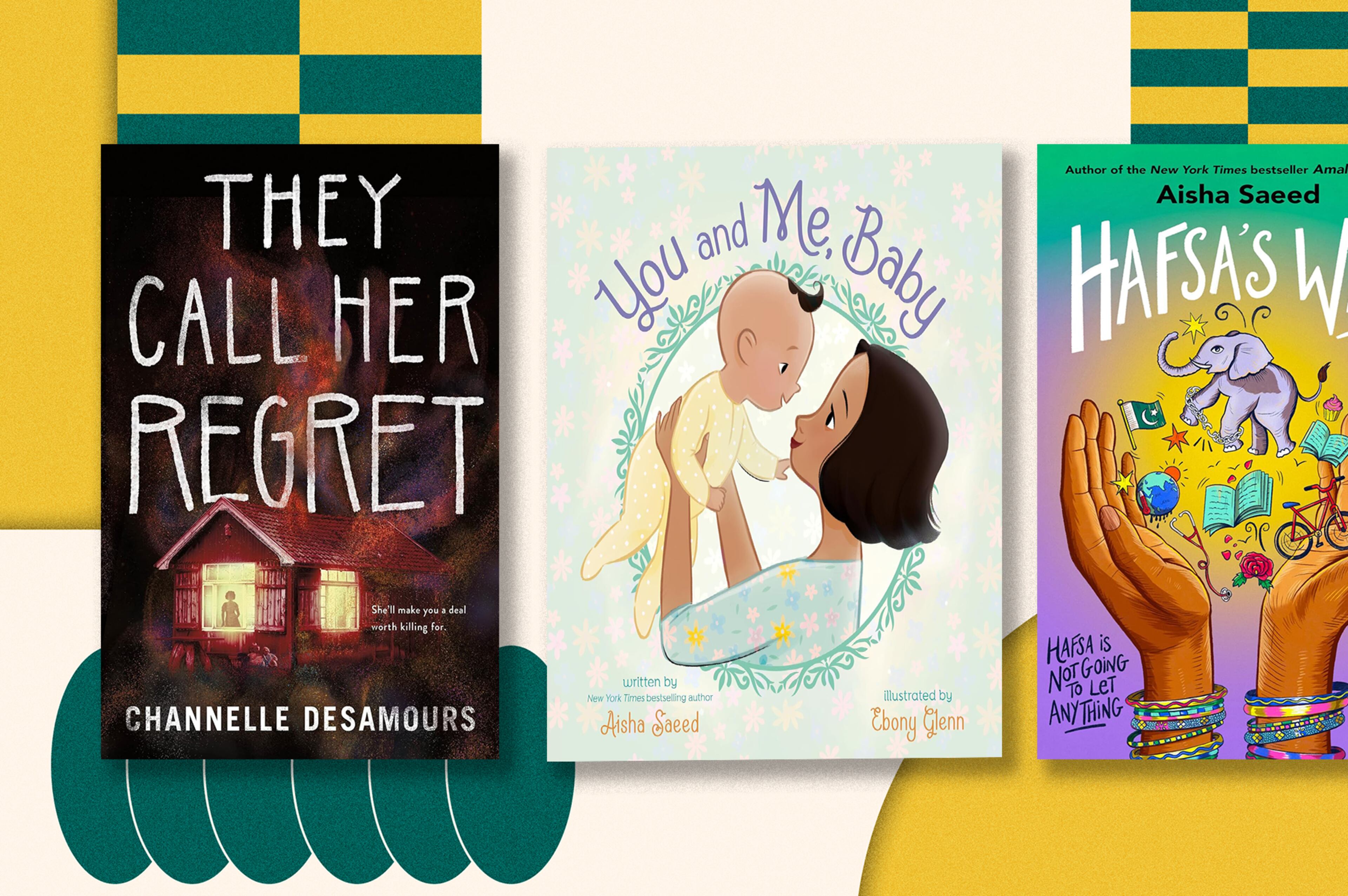When grief teaches us to live without regret

“There is a time to weep, and a time to laugh; a time to mourn, and a time to dance.” — Ecclesiastes 3:4
The year 2012 was one of unprecedented grief and hardship. A cancer diagnosis shortly followed by the tragic loss of my brother-in-law in a plane crash pulled the rug from under my feet. It was a season when laughter felt foreign as grief settled heavily in our home.
Then, one evening, months into the grieving, music filled the living room, and my children and I found ourselves dancing and giggling to Sister Sledge’s old anthem, “We Are Family.” The sound of my own laughter startled me. It had been so long since I had let joy bubble up freely, unshadowed by sorrow.
Thirteen years later, we find ourselves once again in a season of loss and mourning. We lost my mother-in-law and her husband within five weeks of each other earlier this year. And now, as I write these words from my hometown in Brazil, I often struggle to grasp my father’s sudden passing a month ago.
His absence is everywhere. I hear it in the silence of conversations that will never be spoken again. I see it in the chair he no longer fills. I feel it in his garden, as the first spring flowers bloom, each blossom a testament to his love for nature left behind.
As a Christian, I cling to the hope of heaven. I know my father is with Jesus, whole and free. That truth is my anchor. And yet, the sting of separation presses deep. Faith does not cancel grief; it reshapes it.
Truth is, death is different from every other trial we endure. When you lose a job, there is hope of another. Illness may yield to treatment or miraculous healing. Even broken relationships can sometimes be mended. But death offers no second chances this side of eternity.
The last embrace, the silenced voice, the empty chair — these remind us that this world is not as it should be. And while our faith assures us that death is not the end, its shadow still lingers.
People’s best intentions in encouraging those who lose a loved one do not soothe the sting. Jesus himself showed us death’s weight as he wept when his friend Lazarus died (John 11:35). He knew he would call his friend back to life minutes later, yet he stepped fully into the pain of loss. David, the warrior-poet who knew God’s heart, cried bitterly after losing his closest friend, Jonathan (2 Samuel 1:26).
Their tears remind us that grief does not make us weak believers. It makes us human.
Still, God insists on reminding us that death does not have the last word. Paul’s triumphant cry to the Corinthians resounds through the centuries: “O death, where is your victory? O death, where is your sting?” (1 Corinthians 15:55).
Paul’s words do not invalidate my pain. They remind me that, because of Jesus’ resurrection, my father’s faith has become sight. He is whole. He is home. And I will see him again.
For those of us left behind, though, grief is real and raw. And that is OK. Faith does not erase sorrow; it steadies us inside it. It lifts our gaze beyond the grave. As Matthew Henry once wrote, “There is a time when God’s providence calls to weep and mourn … but then, on the other hand, there is a time when God calls to cheerfulness.”
I know that time will come. Laughter will rise again — not because the ache is gone, but because God is faithful to restore joy.
If you are grieving today, may I gently encourage you: Don’t rush the season. Don’t silence your tears. Jesus dignified our weeping, and heaven honors our ache. Let your tears fall as prayers. And while you walk this valley, hold close the ones who are still here.
Call them. Forgive them. Laugh with them. Be silly with them. Linger longer at the table and listen well. Because one day, the phone call will come, and the chair will be empty.
And when that day comes, I pray that you and I will be able to look back and sing the chorus I now whisper in grateful prayer:
No regrets, Lord. Not one.
Patricia Holbrook is a columnist, international author, and speaker. Visit her website: www.PatriciaHolbrook.com. Watch interviews with Christian leaders and bestselling authors on YouTube God-Sized Stories with Patricia Holbrook or in podcast platforms. For speaking engagements and comments, email patricia@PatriciaHolbrook.com.


